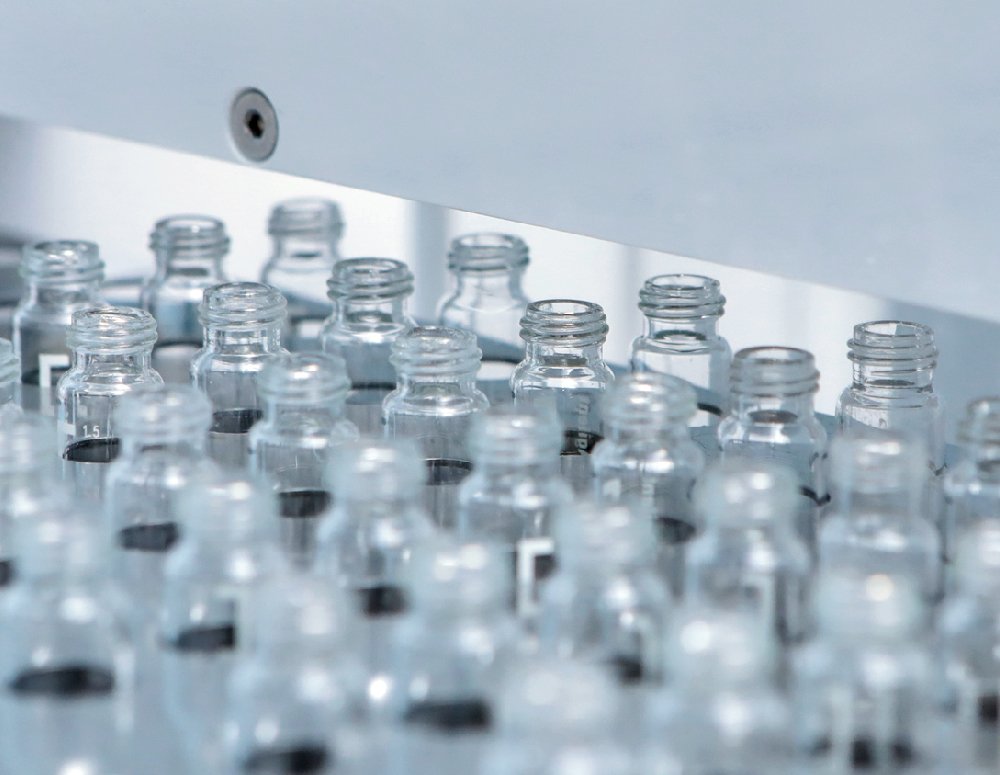Last week, the Biden Administration announced that it will support a waiver of the World Trade Organization (WTO) Trade-Related Aspects of Intellectual Property Rights (TRIPS) Agreement, which would waive intellectual property (IP) protections for COVID-19 vaccines. Not only will this policy do nothing to help save lives globally, it could have a damaging impact for American patients.
The White House claims that it is necessary to waive IP rights in order to speed up COVID-19 vaccine production and distribution, especially in developing markets. But as PhRMA President and CEO Stephen Ubl explained last week, this move “will undermine our global response to the pandemic and compromise safety. This decision will sow confusion between public and private partners, further weaken already strained supply chains and foster the proliferation of counterfeit vaccines.”
Let’s break down several key concerns with the IP waiver.
- The IP waiver would make it harder for biopharmaceutical companies to meet existing and future vaccine commitments. Vaccine developers are already experiencing constraints in obtaining raw materials, such as vials, syringes, swabs, fill-finish capacity and other supplies critical to producing and administering vaccines. One of the authorized vaccines requires 280 different components produced by suppliers in 19 different countries.
If the innovators who developed the vaccines are forced to surrender their IP, they will have to compete with other companies for what are already scarce resources. Diverting critical supplies from manufacturers with proven track records for delivering high-quality, safe and effective vaccines will not save lives in the U.S. or the developing world. This also worsens the supply chain for non-COVID-19 medicines, such as oncology and other infectious diseases.
- The IP waiver risks the proliferation of substandard or counterfeit vaccines. There are no guarantees that the companies or countries who seize the vaccine IP to make copies are able to deliver safe and effective vaccines, or that their manufacturing process can meet the strict regulatory standards necessary for authorization.
There are already reports of counterfeit vaccines being used to exploit vulnerable populations, and this waiver proposal could make these concerns worse. Should additional counterfeit vaccines reach the market, they would not only endanger lives, but also undermine public confidence in the vaccines that are proven to be safe and effective.
The bottom line is that there are real challenges to getting more shots in arms, including last-mile distribution and the free flow of inputs and finished products, but these challenges won’t be addressed with an IP waiver. As Drs. Luciana Borio and Scott Gottlieb recently wrote, the Biden administration’s decision sets “a bad precedent that would do no immediate good and substantial long-term harm.”
The biopharmaceutical sector will remain focused on our shared objective of getting as many people vaccinated as quickly as possible and ending the pandemic. We encourage President Biden to do the same by rethinking his approach on IP rights, because the only way we will be able to save lives today is by working together.



